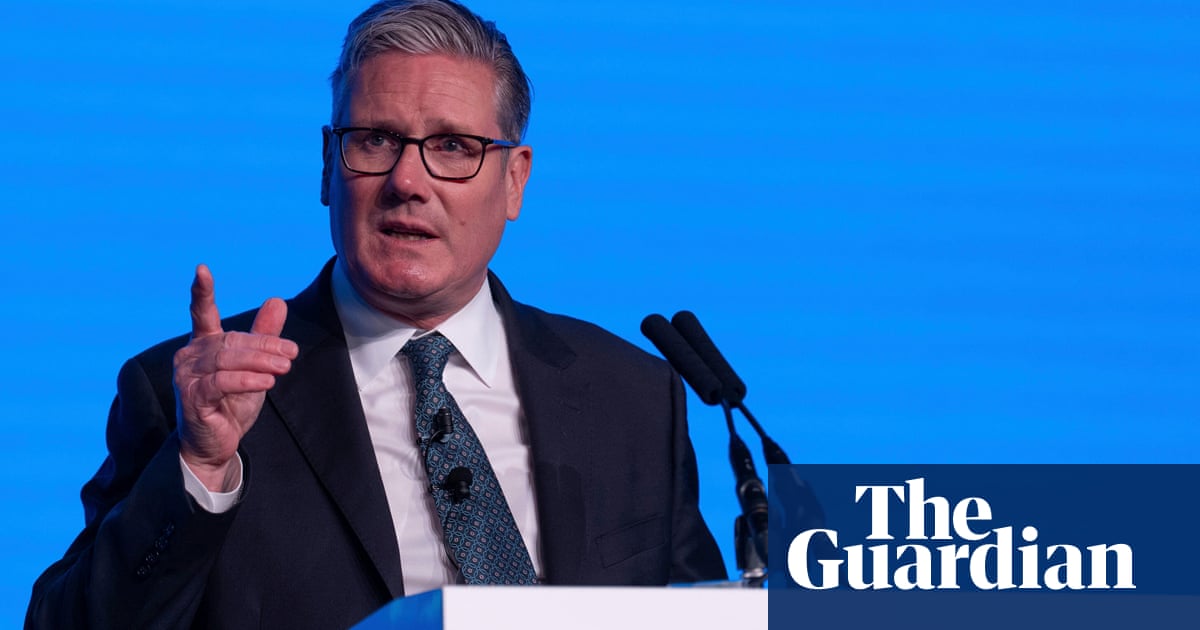Keir Starmer has said ministers should be able to “look every parent in the eye” and pledge that tech can create a “better future” for their children.
The UK prime minister opened London Tech Week with a series of policy announcements on artificial intelligence, including a boost to AI infrastructure and a new AI tool to transform the planning system.
Acknowledging a“social fear”aroundthe impact of AI, Starmer said technology would benefit all of society.
“By the end of this parliament we should be able to look every parent in the eye in every region in Britain and say ‘look what technology can deliver for you’,” said Starmer.
He added: “We can put money in your pocket, we can create wealth in your community, we can create good jobs, vastly improve our public services, and build a better future for your children.
“That, to me, is the opportunity we must seize. That’s what my plan for change will deliver and, today, I think we’re taking another big step towards it.”
Addressing fears about the impact of AI on jobs and society, Starmer said: “AI and tech makes us more human.
“We need to say it because, look, some people out there are sceptical. They do worry about AI taking their job.”
He added that people worry about whether AI will make their lives “more complicated” while businesses have warmed the pace of change can “feel relentless”.
Starmer also announced £1bn of extra funding for AI compute – the microchips, processing units and cabling that make AI systems function – as well as a new government AI assistant called “Extract” to help process planning applications. The planning tool is powered by Google’s Gemini AI model.
Starmer said he hoped Extract would speed up an “outdated” planning system and help planning officers “cut red tape, speed up decisions, and unlock the new homes for hard-working people”.
Sign up toFirst Edition
Our morning email breaks down the key stories of the day, telling you what’s happening and why it matters
after newsletter promotion
Speaking before Wednesday’sgovernment spending review, Starmer also announced a £187m initiative called “TechFirst”, which includes teaching school pupils AI skills. The prime minister also announced a partnership with the tech industry to train 7.5 million UK workers how to use AI by the end of the decade.
He said the funding would help British citizens get “ready for jobs of the future”.
Starmer was joined on stage by Jensen Huang, the chief executive of $3.5tn (£2.55tn) chip maker Nvidia, who described the UK as “the envy of the world” due to its “abundance” of AI researchers and entrepreneurs.
